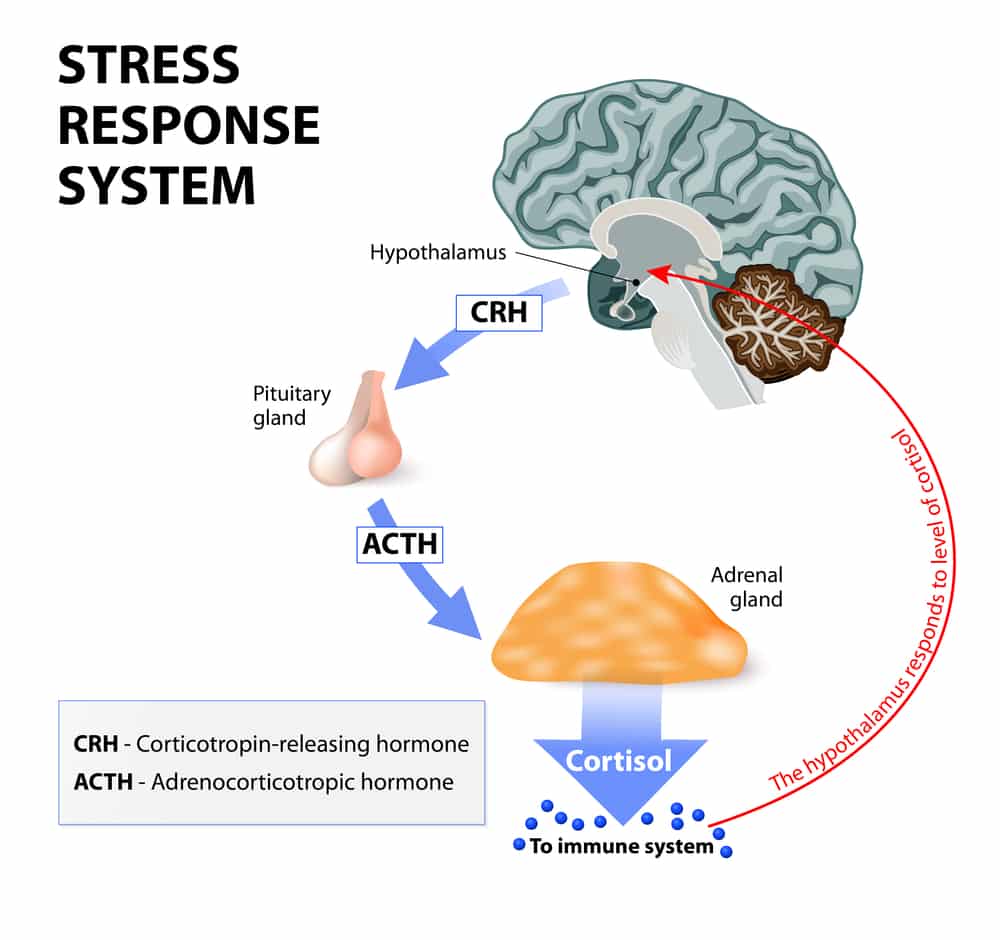 To understand how stress reduction helps diabetes it is essential first to understand how stress affects blood sugar levels. Stress whether long term or short term is something that is unavoidable, be it mental or physical stress, it is something you are bound to go through at some point in time or the other.
To understand how stress reduction helps diabetes it is essential first to understand how stress affects blood sugar levels. Stress whether long term or short term is something that is unavoidable, be it mental or physical stress, it is something you are bound to go through at some point in time or the other.
When the human body is under stress, physical or emotional, the body reacts in certain ways. Stress hormones shoot up as the body prepares itself for a fight or flight response. One of the effects of this response is that the body needs more energy than usual. In other words, more glucose becomes available in the blood. For someone suffering from diabetes, since the body’s ability to process this glucose into energy is limited, this leads to a glucose build-up in the blood.
There have been many clinical studies conducted on the relationship of stress and glucose levels. It has been found that in most people suffering from type 2 diabetes, increasing mental stress led to increasing blood glucose. In some people, it resulted in a fall in blood sugar as well. For people with type 1 diabetes, though, an equal amount of people had an increase and decrease in blood sugar as a result of increasing stress.
You can find out just how much stress is affecting your blood glucose using a simple test. You must already know your average blood sugar level, and you can use that as a measuring stick. Now, every time you feel stressed, assign it a ranking from 1-5, with 5 being the most stressful, and take a reading of your blood sugar level. Do this for a few weeks and you should get a pretty good idea of how your blood sugar reacts to stress.
Another way that stress affects blood glucose levels is indirectly through the lifestyle and mindset of an individual. People suffering from stress are more often than not careless about what they eat. They are more prone to drinking alcohol and don’t bother keeping their glucose level in check.
How stress reduction helps diabetes? For someone suffering from diabetes, by reducing stress, you can actually lower your blood-sugar level and therefore keep it in control. Stress reduction in itself sounds much easier than it is, but there are plenty of methods that can be used to try and reduce mental stress.
Stress Reduction
Living mindfully is at the forefront of managing stress. This is to say that you should be aware of your body and mind and try and be in total control of everything that happens to you. Stress can only affect you if you let it.
Understanding how stress reduction helps diabetes should act as a motivating factor for you. Try and identify what is causing the stress. Take control of your life and make sure things that cause stress no longer do. It could be relationship stress or job stress or any one of the many sources of stress. Deal with it!
Some general stress reduction methods you can try include:
- Exercise: Exercise can be great for reducing stress. It gives the muscles of your body the chance to extend and relax.
- Breathing Exercises: Breathing exercises work like a charm to reduce stress. Easy to do, these effective stress reduction exercises also allow you to get in touch with your innermost self. All you need to do is relax and take deep breaths, in and out, for approximately 15-20 minutes.
- Progressive Relaxation: This stress reduction technique involves relaxing certain muscle groups, progressing from one group to another. This technique takes practice but is one of the most effective relaxation techniques out there.
The effect of stress on diabetes is well established. We hope by now you have a pretty good idea of how stress reduction helps diabetes as well.







